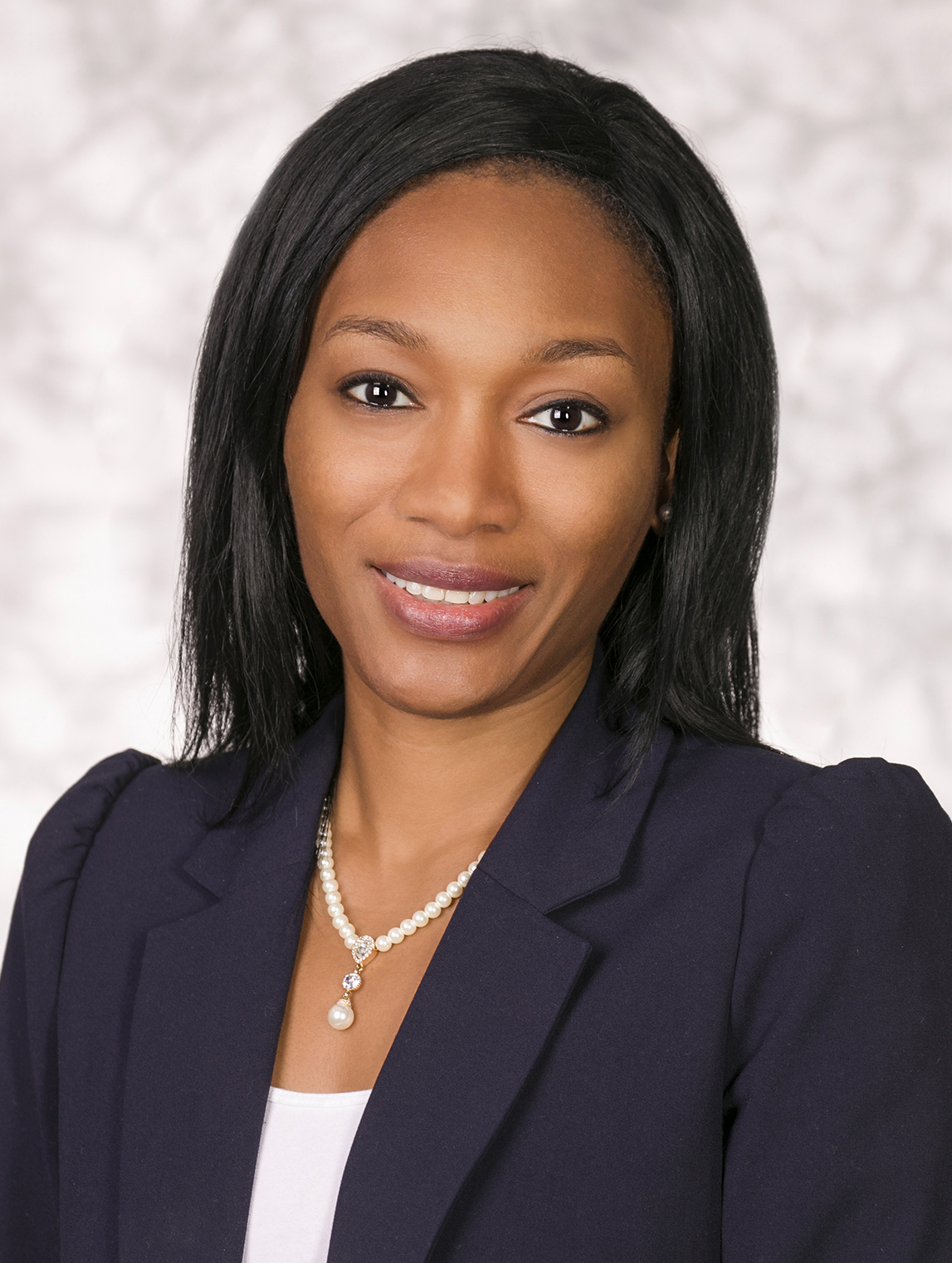By Aisha O. Otori
Read and download the article HERE.
As an intellectual property attorney, clients often seek my guidance when considering protecting their innovative ideas and product designs. They have the idea, but don’t know how to protect their invention or product design. Below are key facts to be aware of:
- Patent protection is in the U.S. Constitution. The underpinnings of the US patent system can be found in Article 1, Section 8 of the U.S. Constitution which states that Congress shall have the power “To promote the progress of science and useful arts, by securing for limited times to authors and inventors the exclusive right to their respective writings and discoveries.”
- You must be “first to file” your application. Since March 16, 2013, the U.S. Patent and Trademark Office (USPTO) transitioned from a “first to invent” to a “first to file” system, highlighting the importance of promptly filing a patent application to secure inventions. Thus, it is important for inventors to have tangible documentation of their inventions and to formalize their inventions promptly through the filing process.
- Keep your idea confidential until you apply. Prior to filing a patent application, inventors should refrain from disclosing their inventions to third parties without executing a “non- disclosure” or “confidentiality agreement.” Failure to have an agreement in place may result in filings by third parties that could precede that of the inventor.
- You can make your invention/product design public after filing. After filing, inventors are entitled to publicly declare their invention’s patent-pending status, serving notice to potential competitors and the public at large.
- The application process can be difficult – hire a professional. The patent application review process can be complicated, is time intensive, and may extend from several months to a few years. That is why only lawyers and patent agents licensed by the United States Patent and Trademark Office (“USPTO”) can prepare patent applications for inventors.
Understanding these facts is beneficial to safeguarding your ideas effectively. Thus, if you have an invention, protect yourself. Talk to a professional. Delay or failure to do so may cause you to lose the protection you deserve for your invention or product design.
© Coleman & Horowitt, LLP, 2024
About the Author:

Aisha O. Otori is licensed before the USPTO. She is an associate in the Intellectual Property department of the firm and works in the Fresno and Los Angeles offices. Aisha represents clients in patent prosecution and enforcement, trademark, tradename, trade dress and copyright applications and enforcement before the Trademark Trial and Appeal Board (“TTAB”) as well as litigation in state and federal courts. She received her undergraduate (B.S. Chemical Engineering) and law degrees from Tulane University and an L.L.M. from University of Illinois Chicago School of Law in intellectual property and international business and trade law (with a Certificate in International Corporate & Finance Law) as well as a law degree from Nigerian Law School (Abuja Campus). She is licensed in California, Illinois, and Nigeria. Aisha is a member of the Fresno County Bar Association, Association of Business Trial Lawyers (“ABTL”), and the Los Angeles Intellectual Property Law Association (“LAIPLA”).
About the Firm:
The Firm has been recognized as a “Top Law Firm” (Martindale Hubbell) and a “Go-To” Law Firm (Corporate Counsel). From six offices in California, and the Firm’s membership in Primerus, a national and international society of highly rated law firms (www.primerus.com), the Firm has helped individuals and businesses solve their most difficult legal problems. For more information, see www.ch-law.com and www.Primerus.com.
Established in 1994, Coleman & Horowitt, LLP is a state-wide law firm focused on delivering responsive and value- driven service and preventive law. The Firm represents businesses and their owners in matters involving transactions, litigation, agriculture & environmental regulation and litigation, intellectual property, real estate, estate planning and probate. Attorneys at the firm also serve as mediators, arbitrators, and discovery referees.
Disclaimer: This article is intended to provide the reader with general information regarding current legal issues. It is not to be construed as specific legal advice or as a substitute for the need to seek competent legal advice on specific legal matters. This publication is not meant to serve as a solicitation of business. To the extent that this may be considered as advertising, then it is expressly identified as such.
